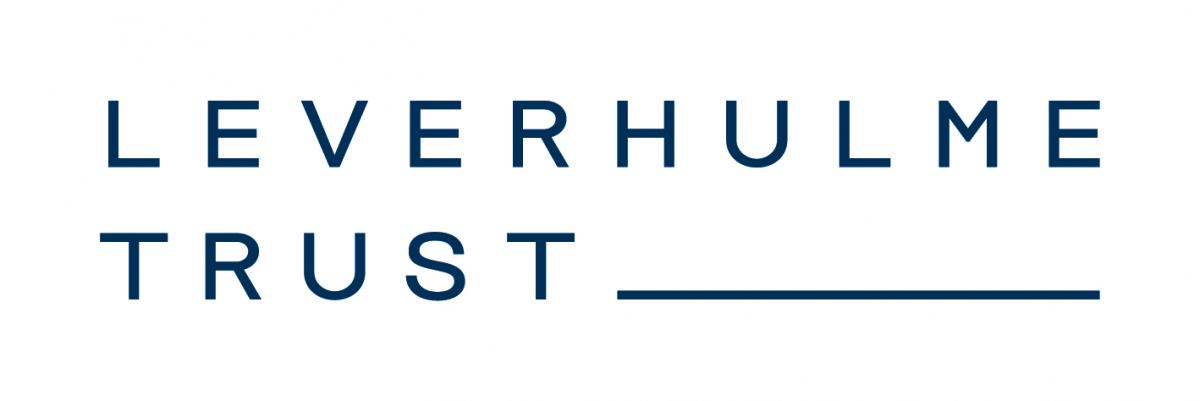
The next round of the Leverhulme Research Centres Competition is now open with a deadline of 7th June 2024. As BU is permitted to submit only one application as an institution, we are holding an internal competition for Expressions of Interest (EoI).
Those who are interested in making an application to the Leverhulme Research Centres Competition, are invited to submit an Expression of Interest to preawardenquiries@bournemouth.ac.uk , by Wednesday 20th March 2024. Application and guidance can be found here (I:\RDS\Public\Leverhulme Research Centres Competition 2024\EOI Documents). If you have further questions or queries please contact Eva Papadopoulou (epapadopoulou@bournemouth.ac.uk) or Kate Percival (kpercival@bournemouth.ac.uk).
Scope of call
The Leverhulme Trust invites applications for Research Centres that will not only conduct research of outstanding originality but also aspire to achieve a significant step-change in scholarship. The Trust’s aim is to encourage new approaches that may establish or reshape a field of study and so transform our understanding of a significant contemporary topic. Applicants are therefore invited to be bold in compiling their bids. The centres should have the capacity to become recognised internationally for excellence in their chosen area.
The Trust has a reputation for encouraging higher-risk research, which is therefore often fundamental or curiosity-driven – so-called ‘blue skies’ – and multi-disciplinary. The expectation is that centres will draw upon a range of disciplinary perspectives and expertise, perhaps bringing new disciplinary mixes to bear on a particular topic.
In this 2024 call, the Trust Board is looking for applications strongly led by the Arts, Humanities and Social Sciences. Within this framework, the choice of topic is left open, in line with the Trust’s responsive mode of working. Please look at the Trust’s guidelines for areas of research, such as medical and clinical research, which are ineligible: https://www.leverhulme.ac.uk/research-we-do-not-fund.
The chosen topic should be sufficiently large-scale to support an ambitious but realistic research agenda for up to ten years.
Leverhulme Research Centres should not duplicate existing activity at a comparable scale, whether in UKRI-funded or university research centres. The Trust wishes to support research activity where it can be confident that the work will have substantial added value compared to smaller initiatives in the same area of research.
Value and Duration
£10 million for up to 10 years is available.
Further information is available from the Leverhulme Trust website, and interested applicants are advised to consider the eligibility criteria carefully.
Timeline
An indicative timeline is below for the submission of the EOI. A more detailed timeline can be found (I:\RDS\Public\Leverhulme Research Centres Competition 2024\EOI Documents).
Leverhulme Research Centres – Internal Expressions of Interest full timeline 2024.
| 20-02-2024 | RDS advertise Expression of Interest (EoI)competition for call |
| 20-03-2024 | EoI deadline (EoIs to be sent to RDS) |
| 20-03-2024 | Papers (applications) sent to DDRs and Doctoral College (RDS to administer) |
| w/c 01-04-2024 | DDRs panel meeting (virtual) |
| By 05-04-2024 | DDRs panel meeting decision and feedback disseminated to applicants |
| 05-04-2024 | RDS to contact Leverhulme to provide the Trust with the principal applicant’s name, departmental affiliation and email address. Access will then be granted to the Leverhulme Trust Grants Management System |
| Apr-May | Applicants develop proposals with the support of RDS |
| 21st May 2024 | Internal financial sign-off |
| w/c 01-06-2024 | e-Submission checks performed by RDS |
| 07-06-2024 | Leverhulme Research Centre Outline Deadline |











 Dr. Ashraf cited on ‘Modest Fashion’ in The Guardian
Dr. Ashraf cited on ‘Modest Fashion’ in The Guardian NIHR-funded research launches website
NIHR-funded research launches website Academics write for newspaper in Nepal
Academics write for newspaper in Nepal New paper published on disability in women & girls
New paper published on disability in women & girls Global Consortium for Public Health Research 2025
Global Consortium for Public Health Research 2025 MSCA Postdoctoral Fellowships 2025 Call
MSCA Postdoctoral Fellowships 2025 Call ERC Advanced Grant 2025 Webinar
ERC Advanced Grant 2025 Webinar Horizon Europe Work Programme 2025 Published
Horizon Europe Work Programme 2025 Published Horizon Europe 2025 Work Programme pre-Published
Horizon Europe 2025 Work Programme pre-Published Update on UKRO services
Update on UKRO services European research project exploring use of ‘virtual twins’ to better manage metabolic associated fatty liver disease
European research project exploring use of ‘virtual twins’ to better manage metabolic associated fatty liver disease